Translating Climate Change – A Translator’s Role in the Climate Change Discourse
CLEAR WORDS
TRANSLATIONS
All News
November 28, 2019 |
Translating Climate Change – A Translator’s Role in the Climate Change Discourse
Many international organizations have decided to make climate change a top priority of the next decade. It’s time to talk about how the translation industry can contribute to making our planet healthier. Translating climate change research and information can increase awareness about this global challenge and even bring new ideas to the table.
Translators can build a bridge between communities and engage more people around the world in solving climate change issues.
Supporting the Scientific Community
Translating climate change research improves collaboration between academic fields and scientists. The domain includes multidisciplinary studies, so sometimes relying on everyone’s abilities in a second language (generally English) can slow down processes.
Publishing research in English is a challenge even for proficient non-native English speakers. Working with a translator can streamline the process and give access to information to more people in less time.
The same is true for scientists who receive data only in English. It’s hard to understand all the implications of a scientific study in a multidisciplinary field when everything is written in your second language.
Having information available in native languages makes it easier for scientists to reach the expected results in less time. Scholars can also benefit from reading reviews, reports, scientific articles, proposals, or announcements in native languages.
Translating Climate Change Information
Most of the scientific knowledge about climate change still hasn’t been used to take action. However, politicians and citizens keep asking for more scientific proof that the process is actually happening. That’s because there’s a linguistic barrier between the two environments.
In the global climate change debate, experts talk about climate change narrative as a way of explaining scientific facts and transferring knowledge from science to politicians and citizens. In this context, the academic environment created ecolinguistics, a field that explores the role of language in addressing ecological issues.
Linguists find ways to explain the facts revealed by research in simple words. But making information available in one language isn’t enough. Translators can help to spread this knowledge worldwide and make scientific facts accessible in multiple languages. It’s a way to increase awareness about global challenges and convince more people to do their part.
Translators need to do more than a word-to-word translation to make sure local populations understand what they read. Academic translation requires in-depth knowledge of concepts, terminology, and theories in the field. When translating climate change information, translators also need cultural insights to come up with translations that help people empathize with what they’re reading.
Explaining Climate Change in Multiple Languages
Not all nations share the same opinion on climate change. According to Wikipedia, 90 percent of Americans believe climate change to be a severe problem. However, only 31 percent of people living in developing Asia take global warming seriously.
Many blame the cultural background for these disparities, but the lack of information in native languages is also a significant factor to consider.
Translators can increase awareness by making climate change information available in more languages. Translating climate change research and explaining it to people who don’t speak English could make people more aware of this challenge.
Translating Films and Documentaries
Films and documentaries play an essential role in building climate change awareness around the world. That’s because they’re easier to consume and understand than scientific research and magazines.
Famous names in the film industry have joined the cause and produced films that explain the phenomenon and encourage people to take action. However, the top of the nations responsible for climate change includes only three countries that have English as a national language. So, the impact of these documentaries would be limited if they only addressed English-speaking populations.
By translating films and documentaries, translators help to increase the influence of these films worldwide. For example, the documentary “Before the Flood” produced by Leonardi di Caprio and directed by Fisher Stevens was translated in 45 different languages. The film was free on various platforms and had 2 million views in the first day after its release, as subtitles made it available for non-English audiences worldwide.
Translation Supports the Climate Change Debate
Translation plays a vital role in the global climate change debate. Organizations like the United Nations or the European Parliament, together with global NGOs, rely on translation to analyze the results of the academic research and make decisions.
Let’s take the United Nations, for example. Documentation regarding climate change and its challenges had to be translated into all six official languages: Arabic, Chinese, English, French, Russian, and Spanish. The efforts paid off, and The UN organized the Climate Action Summit in September, where leaders of governments and civil society were asked to get involved and take action.
The summit identified nine action areas and 28 initiatives that could slow down climate change. Thanks to translators, the measures discussed during this event will reach populations worldwide.
People who speak all the six UN languages and other native speakers have the opportunity to read about these initiatives in their mother tongues and make a change. None of this would be possible without translators and UN interpreters that make these multilingual events possible.
The famous Paris Agreement was also translated into all six UN languages, but the details in the document were made public worldwide through additional translations.
Final Thoughts
Language service providers are essential in disseminating relevant information about global warming and the effects of climate change on local populations. They have access to high-quality information from reliable sources and can make it available to people in their native languages.
It’s hard and challenging work, but it could change the way people engage and take action to counter climate change issues. NGOs and global organizations are taking significant steps to stop the phenomenon, but they need translators to share the news and increase awareness worldwide.










